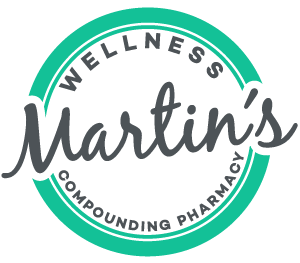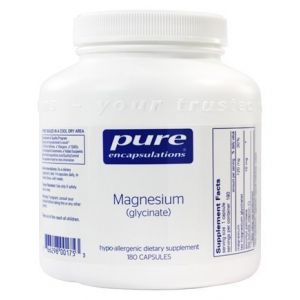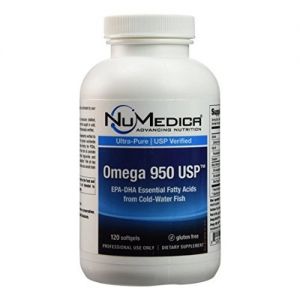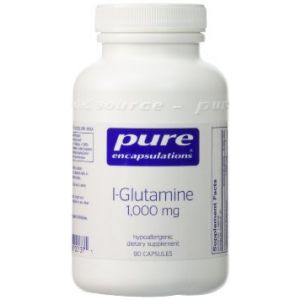The Benefits of Exercise for Longevity and Disease Prevention
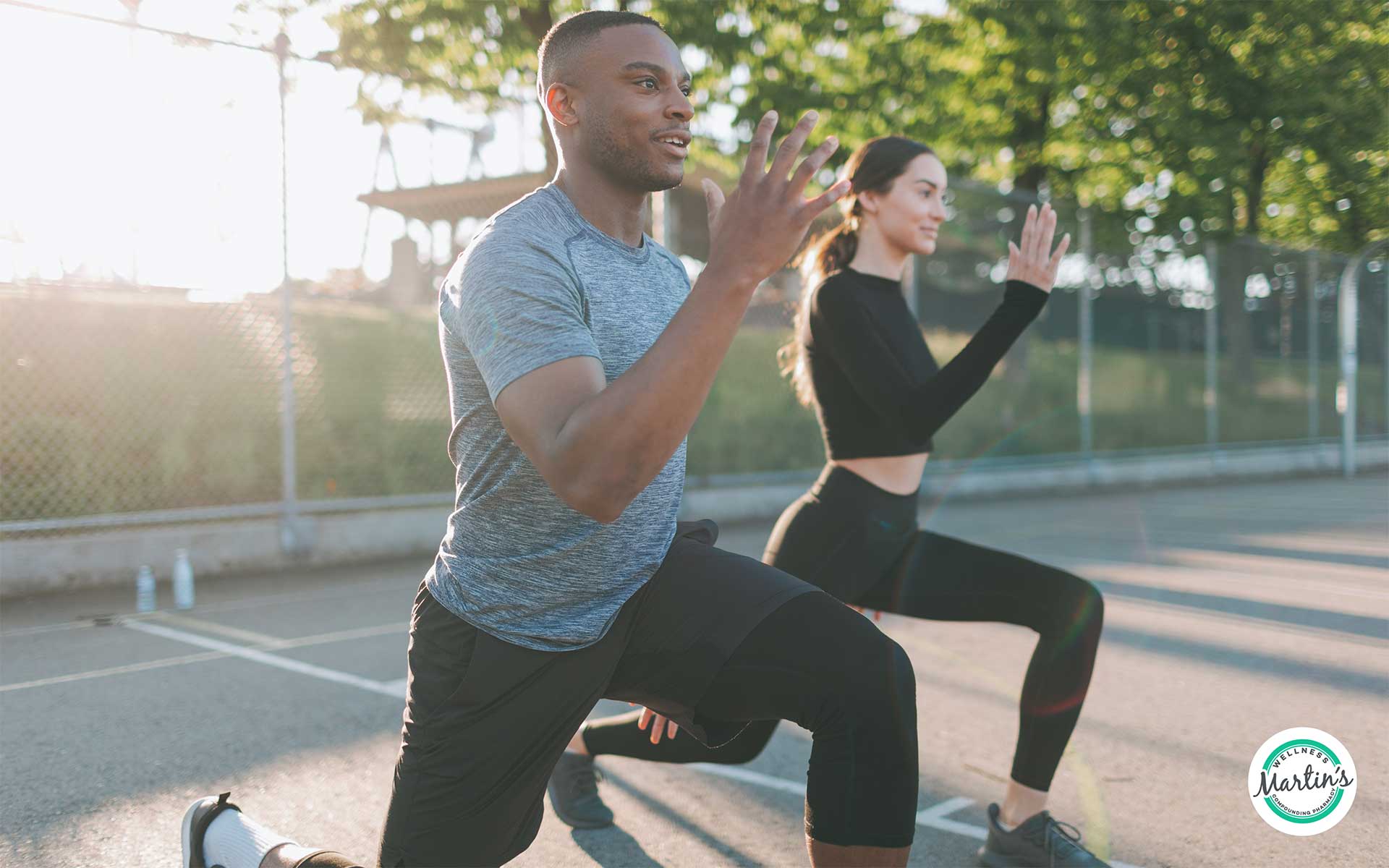
Exercise is one of the most powerful tools for enhancing longevity and preventing disease. Whether it's increasing cardiovascular health, boosting metabolism, improving mental clarity, or promoting overall well-being, regular physical activity plays a vital role in living a longer, healthier life. In this blog, we'll explore specific types of exercise, the unique benefits each provides, and some supplements that can enhance performance and recovery.
1. Cardiovascular Exercise: Heart Health and Longevity
Cardio exercises, such as running, cycling, swimming, or brisk walking, are essential for improving heart health. These exercises increase your heart rate, promoting efficient circulation, improving blood pressure, and reducing the risk of cardiovascular diseases, including heart attacks and strokes.
Benefits:
- - Lowers blood pressure and cholesterol levels.
- - Reduces risk of heart disease and type 2 diabetes.
- - Improves lung capacity and overall stamina.
- - Helps manage weight and reduce visceral fat, which is linked to numerous chronic diseases.
Tip: Aim for at least 150 minutes of moderate-intensity cardio per week or 75 minutes of high-intensity cardio to reap these heart-healthy benefits.
2. Strength Training: Bone Density and Muscle Mass Preservation
Strength training, including lifting weights, resistance band exercises, and bodyweight workouts, is crucial for maintaining muscle mass as we age. This form of exercise strengthens muscles, bones, and joints, helping to prevent osteoporosis, a common issue in aging
Benefits:
- - Increases bone density, reducing the risk of fractures.
- - Enhances metabolic rate, leading to better weight management.
- - Preserves muscle mass, which naturally declines with age.
- - Improves joint health and reduces arthritis symptoms.
Tip: Incorporate strength training at least twice a week, targeting all major muscle groups.
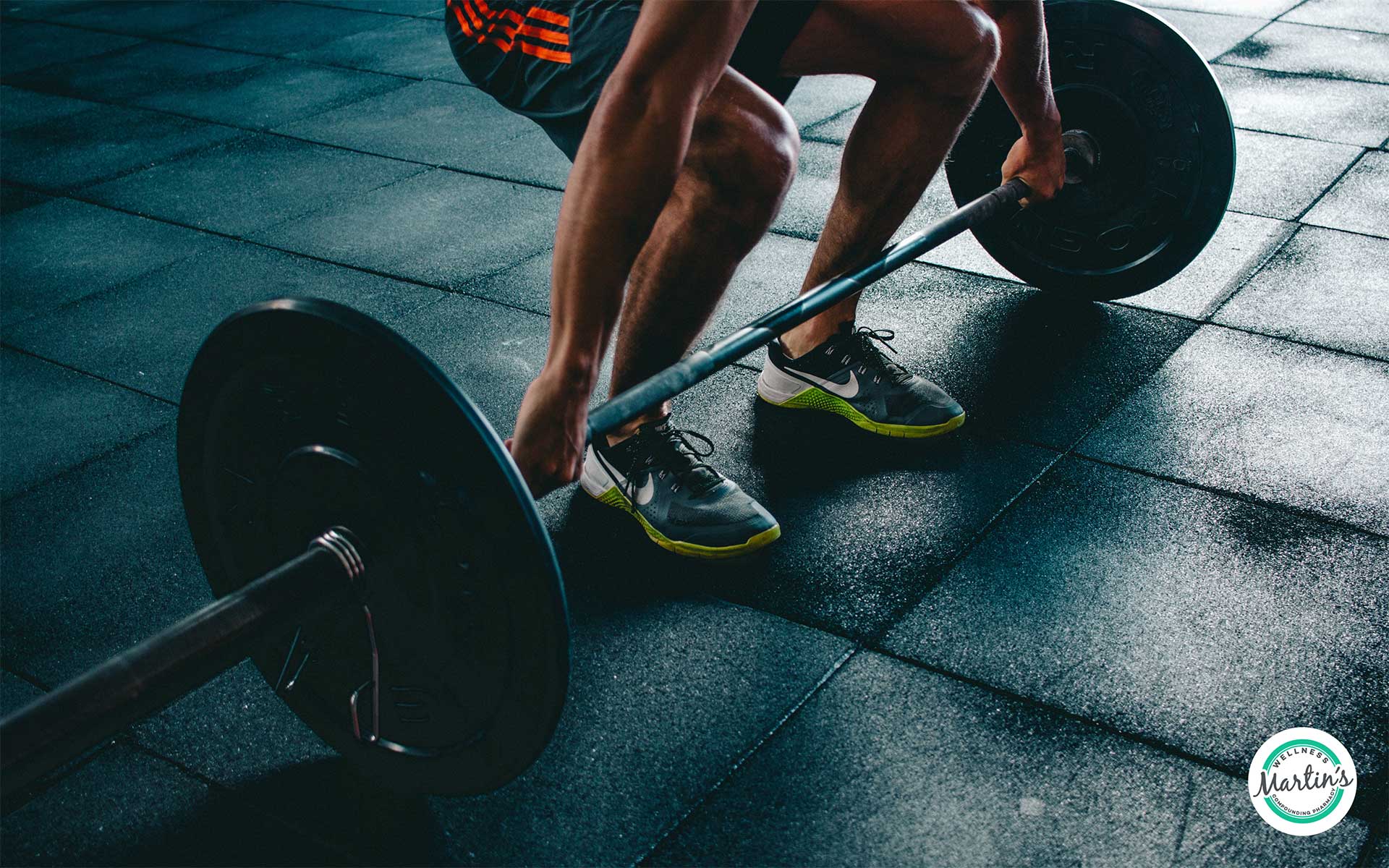

3. Flexibility and Balance Training: Mobility and Fall Prevention
Yoga, Pilates, and tai chi are great examples of flexibility and balance exercises. These activities are not only soothing for the mind but also essential for maintaining good posture, improving mobility, and reducing the risk of falls—a major cause of injury as we age.
Benefits:
- - Enhances flexibility and joint range of motion.
- - Improves balance and coordination, reducing fall risk.
- - Boosts circulation and muscle relaxation.
- - Supports mental health through mindfulness and relaxation techniques.
Tip: Incorporating 20-30 minutes of flexibility and balance exercises 2-3 times a week can have lasting benefits on mobility and stability.
4. High-Intensity Interval Training (HIIT): Fat Burning and Endurance
HIIT involves short bursts of intense exercise followed by periods of rest or lower-intensity movement. It is highly effective for improving cardiovascular fitness, boosting metabolism, and burning fat in a shorter amount of time.
Benefits:
- - Maximizes calorie burn and fat loss, even post-workout.
- - Improves cardiovascular endurance and VO2 max (the amount of oxygen your body can use).
- - Efficiently builds strength and stamina.
- - Enhances insulin sensitivity, reducing the risk of type 2 diabetes.
Tip: Start with 15-20 minutes of HIIT, incorporating exercises like sprints, burpees, or cycling intervals.
Supplements to Enhance Exercise Performance
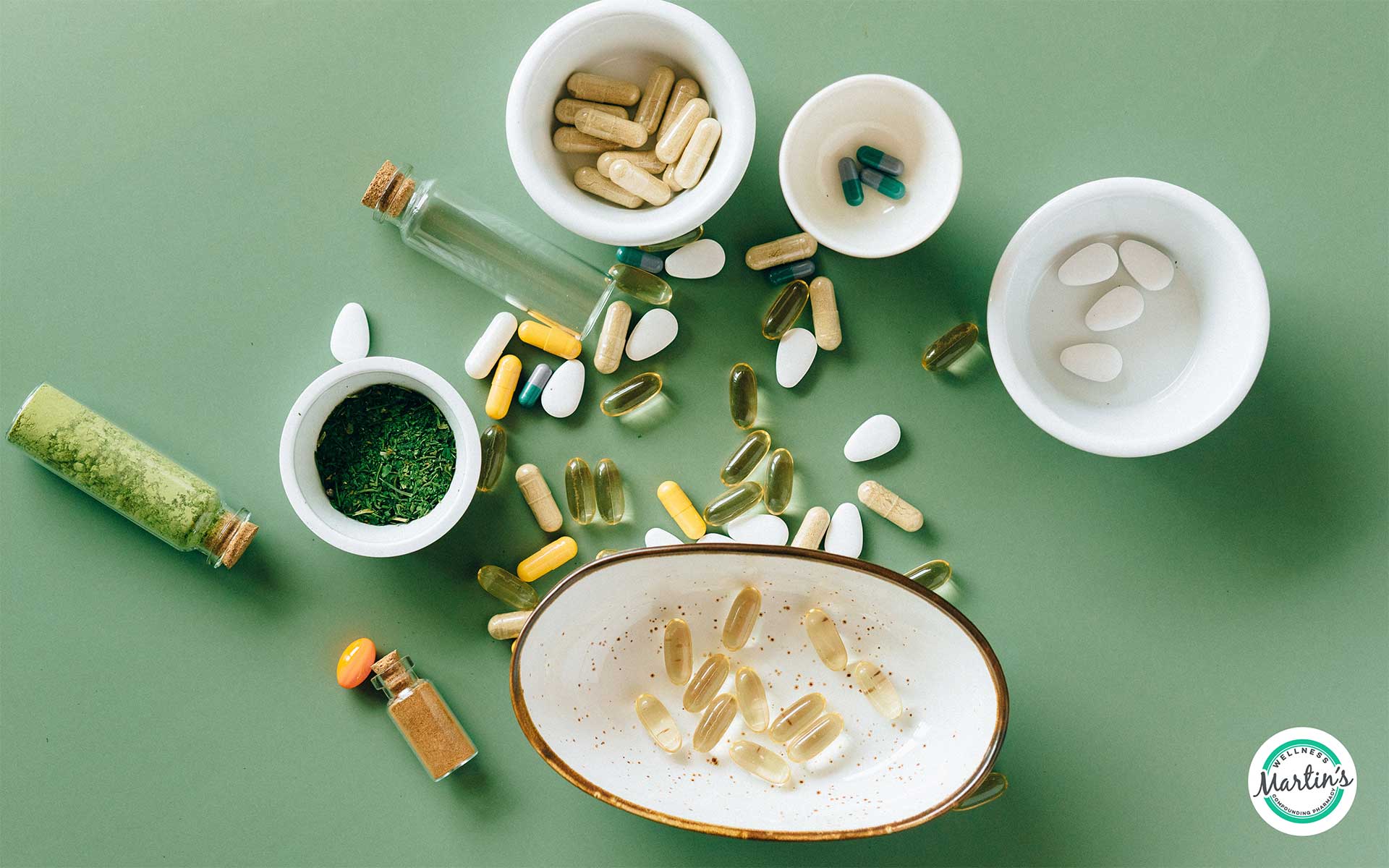

While a balanced diet is the foundation of any fitness regimen, certain supplements can enhance exercise performance and recovery. Here are some key supplements to consider:
- Creatine
- - Helps increase strength and muscle mass, especially during strength training.
- - Supports high-intensity exercise by providing quick energy to muscles.
- Branched-Chain Amino Acids (BCAAs)
- - Reduces muscle soreness and enhances muscle repair after workouts.
- - Helps maintain lean muscle mass during calorie restriction or intense exercise.
- Beta-Alanine
- - Delays muscle fatigue, allowing for longer and more intense workouts.
- - Improves performance in high-intensity exercises, such as sprints or weightlifting.
- Caffeine
- - Boosts energy and endurance during exercise by enhancing focus and delaying fatigue.
- - Can improve performance in both endurance and strength workouts.
- L-Glutamine
- - Aids in muscle recovery and supports immune function, especially after intense workouts.
- - Reduces muscle soreness and helps preserve lean muscle tissue.
- Omega-3 Fatty Acids
- - Reduces inflammation, which is key for faster recovery after exercise.
- - Supports joint health and overall heart health, especially beneficial for endurance athletes.
- Magnesium
- - Essential for muscle function and recovery.
- - Helps prevent muscle cramps and supports energy production.
Exercise offers incredible benefits for extending longevity and preventing a wide range of diseases, from heart conditions to osteoporosis. By incorporating a well-rounded fitness routine—encompassing cardiovascular, strength, flexibility, and HIIT exercises—you can optimize both your physical and mental well-being. Pair your workouts with the right supplements to enhance performance, recover more effectively, and stay on the path to long-term health and vitality.
Remember, consistency is key. Start small, build up your routine, and keep moving!
About Dr. Ruthie Harper


Dr. Ruthie Harper, MD, is the founder of Ruthie Harper MD, a renowned practice established in 1999 in Austin, Texas.
With over 25 years of experience, she offers the latest services and techniques in health, wellness, and nutrition. Dr. Harper seamlessly integrates research, nutritional science, advanced functional testing, and cutting-edge aesthetics to develop scientifically-based health protocols. Her personalized interventions encompass nutrition, supplements, lifestyle changes, bioidentical hormones, and breakthrough anti-aging treatments. As a dedicated researcher, Dr. Harper has been a pioneer in integrative and functional medicine.
Through her relentless efforts, she has empowered numerous patients to achieve their optimal health and wellness goals.
